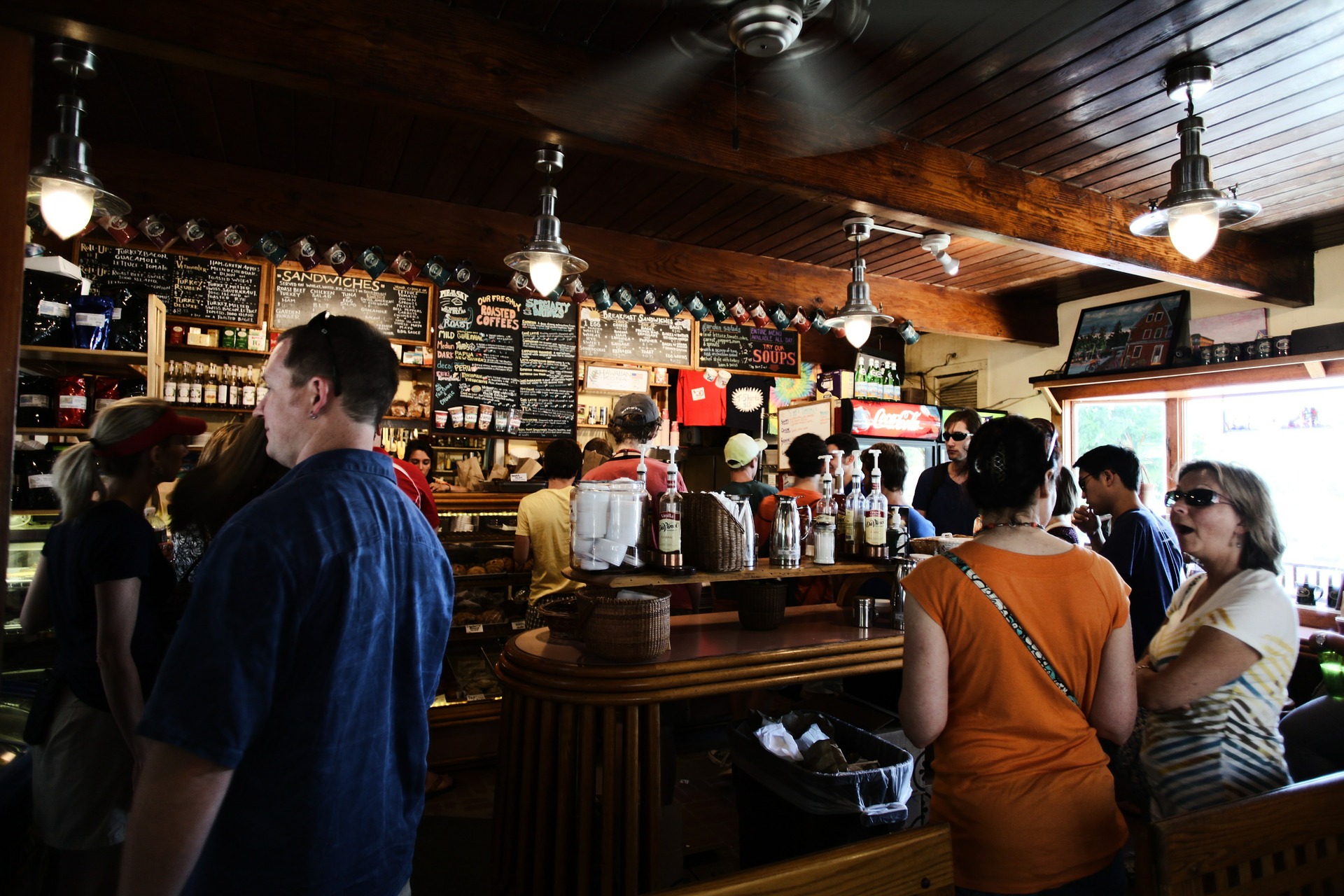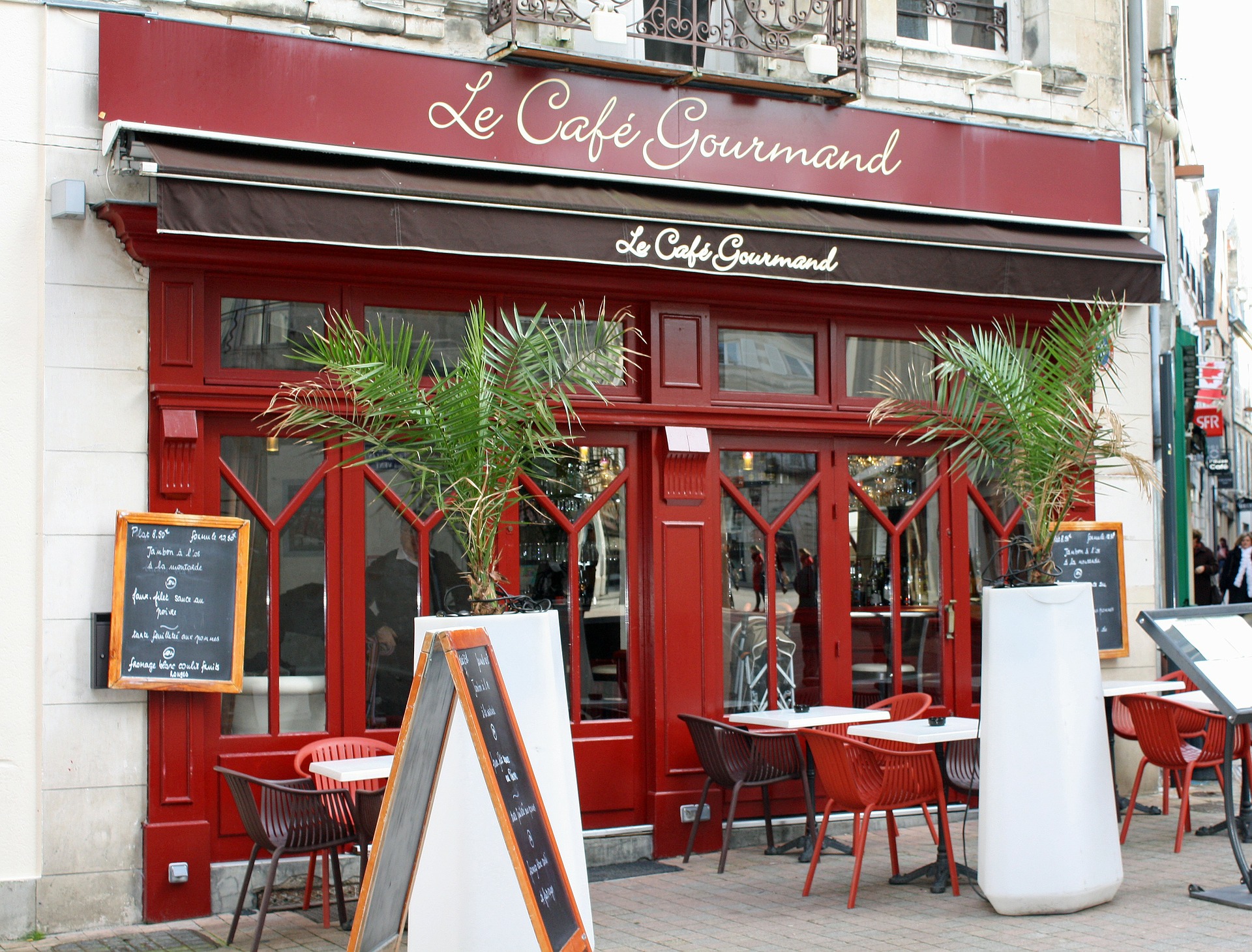
If you’re interested in learning French, there are many ways to adopt the language for free. But when you actually travel to France, you may start to hear conversational language, slang terms and expressions that you aren’t quite familiar with. The good news? Taking time to learn conversational French can boost your confidence and improve your overall travel experience. If you’re ready to learn terms that arise in everyday life, here’s a list of common French phrases travelers will use.
Common French Phrases Travelers Should Know
These basic French words and sayings are essential for traveling through a French-speaking country. From saying hello to asking for someone’s name, every French beginner should start by mastering these phrases.
Je vais chez moi.
A common saying for expressing I go home or I’m going to my house.
Vous êtes bon.
When meeting up with a friend or peer, saying this phrase is a nice way to say you are well or you seem like you’re doing well.
Je viens des États-Unis / Je suis des États-Unis.
How you say I am from the United States when someone asks you where you’re from. If you’re from a different country, simply swap out États-Unis with the French translation of the country you’re from.
Tout le monde le dit.
If you’re discussing current events, news, or even a rumor, this phrase means everyone’s saying it.
Je dois faire quelque chose.
If you need to leave an engagement or event, and someone asks you where you’re going, here’s how to say I have to do something.
Je vais prendre de l’eau / Je prendrais de l’eau.
When ordering at a restaurant or shopping in the city, je predrais is a casual, yet polite way to ask for what you want. This translates to I will take some water / I’ll take some water. Likewise, je vais prendre du café / du café au lait means I will take some coffee or I will take some coffee with milk.
Le menu, s’il vous plaît.
Some restaurants will hand you the menu as soon as you sit down. When they don’t, this is how you ask the server: can I please have the menu?
L’addition, s’il vous plaît.
Similarly, this is how you ask the server for the check. It translates to: the check, please! French meals tend to move more slowly than elsewhere in the world, so they likely won’t be in a rush to give you the check.
Je ne peux pas manger…
If you or someone in your party has a food allergy or restriction, this is an essential phrase to know. It means, I can’t eat… Below are some common allergens that you can put after the word manger to explain what you can’t eat.
le gluten (gluten)
la viande (meat)
les produits laitiers (dairy products)
le poisson/les fruits de mer (fish/ shellfish)
Je veux aller en/aux…
When you’re making plans for the day, this is a simple way to express where you want to go or what place you’d like to visit.
Je dois aller à l’hôtel.
Meaning I have to go to the hotel, this saying comes in handy when you’re in a cab or when you’re asking for directions on the metro.
Je voudrais regarder l’horaire.
This is how you’d say I would like to look at the schedule when you’re at a train station or other transit hub.
Il me faut un/une….
This is how you say I need a… when you’re in need of something.
Ne t’en fais pas.
The informal way of saying don’t worry about it.
Ne vous en faites pas.
The formal way of saying don’t worry about it. This is how you’d address a stranger or someone working at a restaurant or shop.

Important Questions Travelers Should Know
Whether you’re looking for the bathroom or you’d like to learn more about someone, it’s important that you know how to ask questions about people and your surroundings. Understanding the fundamentals of French questions is a key way that you can learn French faster.
Questions for navigating and directions
Parlez vous Anglais?
When you’re lost and your French has failed you, knowing how to say do you speak English? is essential for getting yourself out of a pickle.
Pouvez-vous m’aider, s’il vous plaît?
Likewise, this is a way of getting someone’s attention before you ask a question. It means, can you help me, please?
Je ne comprends pas.
This is how you say I don’t understand.
Pourriez-vous répéter?
When someone is speaking too quickly or you didn’t hear what they said, ask, Pourriez-vous répéter? It means, can you please repeat?
Combien ça coûte?
This is a handy phrase for eating out and shopping around. It means: How much does that cost?
Où sont les toilettes?
This is easy to remember because its a translation of where are the bathrooms?
Où est un bon restaurant/un bon café?
When you’re in France and you start to get hungry, you can turn to someone and say this phrase to ask them, where is a good restaurant or cafe?
Où sont les magasins?
Looking for stores and shops? Ask this question to be pointed in the right direction.
À quelle heure est-ce que s’est ouvert? / À quelle heure est-ce que s’est fermé?
When you’re planning a trip to a restaurant, shop or other destination, this is how you ask, what time does it open? and what time does it close?
Questions for Getting to Know Someone
These questions will help you engage in a basic conversation with a French speaker.
Comment allez-vous?
This is both the formal and plural way of asking how are you? to a stranger, an elder or a group of people.
Ça va?
This is an informal way to say how are you? to friend or peer.
Comment vous appelez-vous?
Easy, but important. This means, what is your name?
Qu’est-ce que vous faites?
Literally translated as what do you do?, this is the same sort of small-talk way that we ask what is your job? or what do you do for a living? in English.
Crois-tu aux …?
While its good to avoid politics and religion in an initial conversation, this is how you ask do you believe in…? once you get to know someone better.
Qui est votre père / mère?
Here’s how you’d ask, who is your father / mother? You can also swap out père / mère with frére / soeur, etc.
Quel est ton/votre film préféré?
What’s your favorite movie? You can also practice swapping out film with the following words:
livre (book)
restaurant / petit resto (Restaurant / little restaurant)
émission de télévision (TV show)
genre de musique (type of music)

Common French Expressions to Learn
Here’s a list of common expressions that you’re likely to hear in and around France. While you may not feel comfortable using them at first, these are common French phrases travelers should be able to identify and understand.
Ça, elle peut le dire une autre.
Meaning she can say that again, this is a way of agreeing with someone or expressing a sense of camaraderie around a belief.
Oh mon dieu!
An expression of surprise that means the same thing as oh my god! In English.
Et après?
Literally translated as and after? this is a way of asking for more information in a story, or asking what might come next in someone’s agenda for the day. Think of it like saying and then what?
Ca n’est pas grave.
This means no worries, or it isn’t serious. It’s a quick and easy way to answer someone who says “pardon” if they need to get past you on a busy metro, or if they accidentally bump into you.
Et donc?
A simple way of saying, so what?
N’importe quoi!
This phrase can have a few different meanings, depending on the context. If you hear it alone, it usually means whatever! as if something isn’t of concern. However, C’est n’importe quoi! can mean something more like that’s nonsense!
Ça te dit?/Ça vous dit?
Usually said at the end of a proposition for doing something or going somewhere, this phrase means, are you up for it? or, sound good?
Laisse tomber.
Translated to English as let it fall, to say this phrase is to say let it go or forget about it.
Ça te changera les idées.
If you’re comforting a friend, this is a way of saying it’ll take your mind off it.
Je n’en crois pas mes yeux.
This translates to I can’t believe my eyes and it’s a great way to express surprise or delight about something.
Il/elle avait l’air bien.
This is how you might say he / she looked good when describing someone.
Je crois en lui.
How you might say I believe in him.
Un accord est un accord.
How to confirm you’re keeping your word, or how to tell someone they need to stick with their promise. It means: a deal is a deal.
These are just a handful of French phrases that can help you become more familiar with the French language. For more tips on common French phrases travelers need to know, check out Clozemaster to learn new words in context.


Pingback: French Terms of Endearment: The Essential Guide | Clozemaster Blog
Pingback: 40+ French Transition Words to Boost Your Vocabulary | Clozemaster Blog